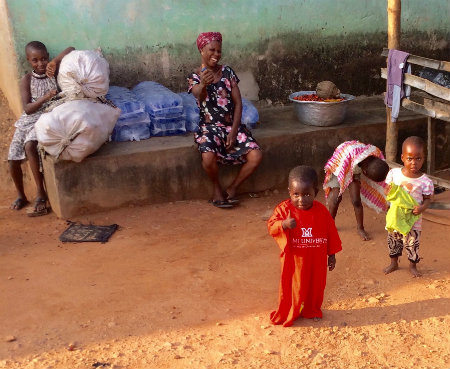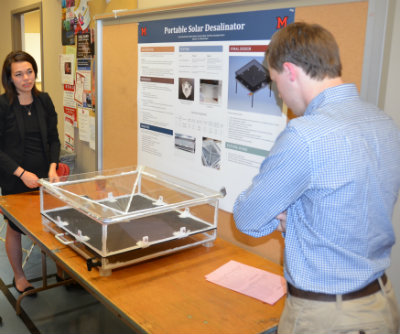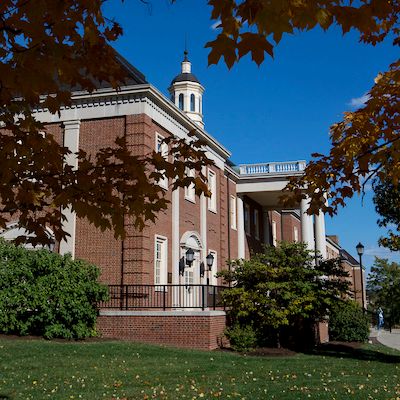Computer Science and Software Engineering
- Eye-tracking HFOSS project; allows people with movement impairments to control computer mouse by eye movement.
- Campus navigation app (intended to be accessible to the blind)
The Humanitarian Engineering and Computing minor is designed to graduate engineering and computing majors who are globally-aware, culturally-sensitive, and socially conscious, and who would use their knowledge to design solutions that enhance the lives of and opportunities for people on a local, national, or international level. Students will select coursework supporting their interests from four broad categories, engage in a service/humanitarian focused activity or research, and complete a humanitarian-focused capstone project in CPB, CSE, ECE or MME.
Independent Studies projects can be service or research type. To meet the requirement for the minor, a project must:
The service or humanitarian focused project must meet all the same requirements listed above including being pre-approved by the HE&C steering committee. Some opportunities for projects include (but are not limited to): a service or humanitarian focused project with the Center for Social Entrepreneurship; a Grand Challenge Scholars project with a service or humanitarian focus; a project with the Over-the-Rhine DsignBuild Studio.
Students may also fill the requirement by participating in an Engineers Without Borders (EWB) club sponsored project. EWB's recent project included building a reservoir for water in Rwanda, Africa for the Munini Primary School. EWB also helps promote sustainability within the local community. Check out the Engineers Without Borders website for more information.
The following activities are examples of current research projects. Students are encourage to contact faculty members leading the research.
The Miami University Center for Assistive Technology is an interdisciplinary center working with Scripps Gerontology Center as well as the Center for Social Entrepreneurship in the Farmer School of Business. Research projects within the center are focused on socially relevant problems and development of engineering solutions. For more information about how to get involved, visit the MUCAT website.
Some examples of current projects are:
Students can work on a project that has a humanitarian or service focus with a faculty member. There are various projects throughout the departments of the College of Engineering and Computing that could be approved by the HE&C committee.
CPB
CSE
ECE
MME
Participating in an approved study abroad / study away program with a service component is another way to earn the minimum two credit hours required for the service-learning portion of the minor. Some of the past study abroad / study away trips that would count include:

All students in the College of Engineering and Computing take a capstone course in their major. Students completing the HE&C minor must complete a capstone that is pre-approved or designated as counting towards the HE&C minor. Some examples of past capstone projects that would qualify are:

To declare the minor contact the HE&C advisor in your major department for his/her signature, and submit the form to the Dean's office.
The Steering Committee is responsible for pre-approval of the following courses or activities to meet the requirements of the minor.
For approval of one of these items/activities, a student must request and complete a petition that can be obtained from the H E&C Advisor in your department. Your advisor will assist with any questions and bring the petition to the Steering Committee for review.
Yes, the senior capstone requirement counts for both your major and minor.
